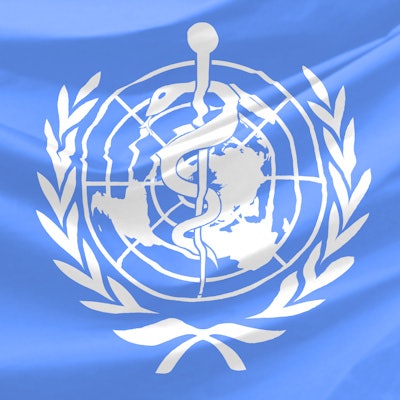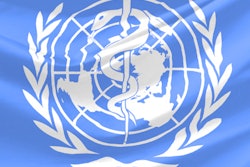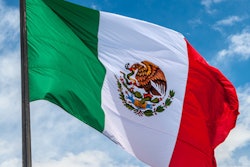
The World Health Organization (WHO) called for universal oral healthcare coverage in a commentary published on November 18 in The Lancet.
The report expounds on key risk factors for oral diseases, the impact of oral diseases on global economies, the unequally represented oral healthcare workforce, and challenges with the current health system. It includes oral health data profiles for 194 WHO member states and provides insights into oral health relevant to public health decision-makers. It centrally positions WHO's new vision for oral health: universal health coverage (UHC) for oral health by 2030.
"This is a timely objective since global progress towards integration of oral health in UHC benefit packages is mixed, even though several governments have endeavored to introduce bold reforms," wrote the commentary authors, led by Dr. Habib Benzian of New York University.
Common oral diseases including caries, periodontal disease, oral cancer, and tooth loss have reached an all-time high globally. Nearly half of the world's population is affected by these conditions, and more than 3 billion people live with untreated oral diseases. Furthermore, vulnerable and marginalized populations are disproportionately affected, and 75% of people affected by oral diseases live in low- and middle-income countries.
WHO highlighted these realities of oral healthcare in the new "Global Oral Status Report – Towards Universal Health Coverage for Oral Health by 2030," which was published on November 18. In the report, the latest data were collected from the Global Burden of Disease study and new evidence gathered by WHO.
The report challenges the concept that oral healthcare is purely a private matter and an expensive, nonessential healthcare issue. It explains why oral diseases are a major public health problem and details the consequences of oral diseases.
"The cumulative negative impacts of oral disease on societies and economies are unacceptable and adversely affect human development," wrote the commentary's authors.
The direct annual costs of oral healthcare are estimated to be about $387 billion globally. More than 80% of this amount is spent on oral healthcare for only 20% of the global population, mainly those living in higher-income countries.
"The resulting major inequalities and millions of people without access to oral health care and prevention are reminders that transformative change towards UHC for oral health is urgently needed," Benzian and colleagues wrote.
A comprehensive global oral health action plan will be discussed by WHO member states in 2023. The long-term vision remains that by 2030 UHC can provide all individuals and communities access to oral health services.



















